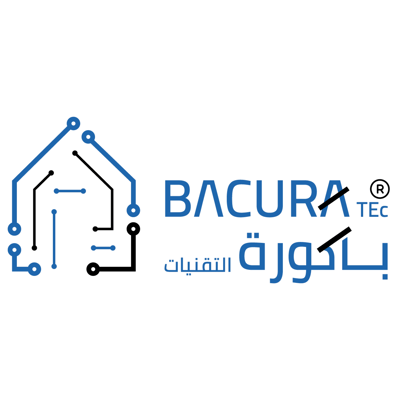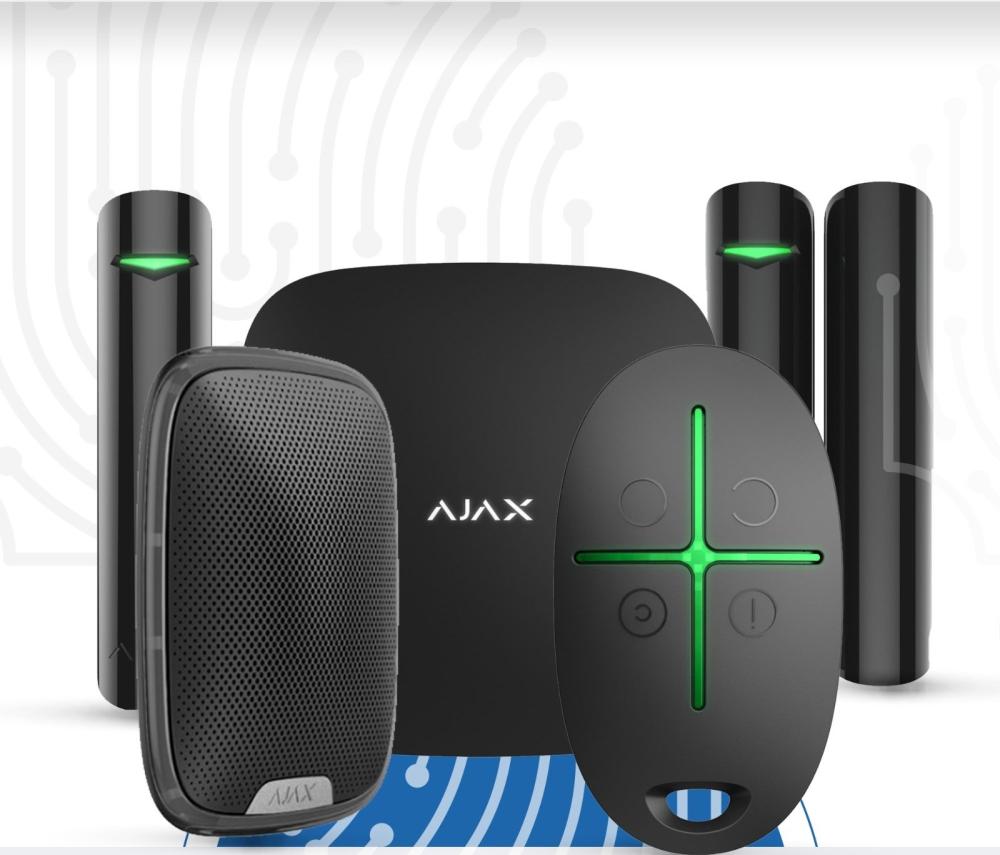Intelligent systems: a revolution in the world of technology
Intelligent systems are one of the biggest technological developments of the 21st century. These systems include a variety of technologies aimed at improving efficiency, enhancing security, and saving time and effort in various aspects of daily and business life. In this article, we will review some common applications of smart systems and how they help change our lives.
Smart homes are one of the most prominent examples of smart systems. Using technologies such as the Internet of Things (IoT), various home devices can communicate with each other and work in an integrated manner to achieve a comfortable and safe living experience. Through smartphones or voice assistants, lighting, temperature, security systems, and home appliances can be controlled. For example, the air conditioning can be programmed to turn on automatically when the temperature reaches a certain level, or the doors can be locked and unlocked remotely.
Smart cities use technology to improve the quality of life in urban areas. These improvements include traffic management, garbage collection, public lighting, and urban planning. Using big data and intelligent analysis, cities can reduce traffic congestion, improve energy efficiency, and enhance safety. For example, an intelligent traffic management system can analyze real-time data and adjust traffic signals to ease congestion.
Intelligent security systems are among the most important applications of intelligent systems. These systems include surveillance cameras, sensors, and advanced alarm systems. Thanks to artificial intelligence and data analysis, these systems can identify unusual activities and alert users or authorities immediately. Remote surveillance videos can also be accessed through smartphones, allowing users to monitor their homes or businesses anytime, anywhere.
Intelligent systems play a pivotal role in improving healthcare. Through wearable devices such as smart watches and health bracelets, individuals can monitor their health indicators such as heart rate, activity levels, and sleep. This data provides valuable information for doctors to provide better care and more accurate diagnosis. In addition, smart systems can manage medical appointments and remind patients to take their medications on time.
Intelligent systems are revolutionizing the way we live and work. From smart homes to smart cities, from security systems to health systems, these technologies improve efficiency, enhance safety, and save time. As technology continues to evolve, we can expect more innovations and improvements in our daily lives thanks to smart systems.

